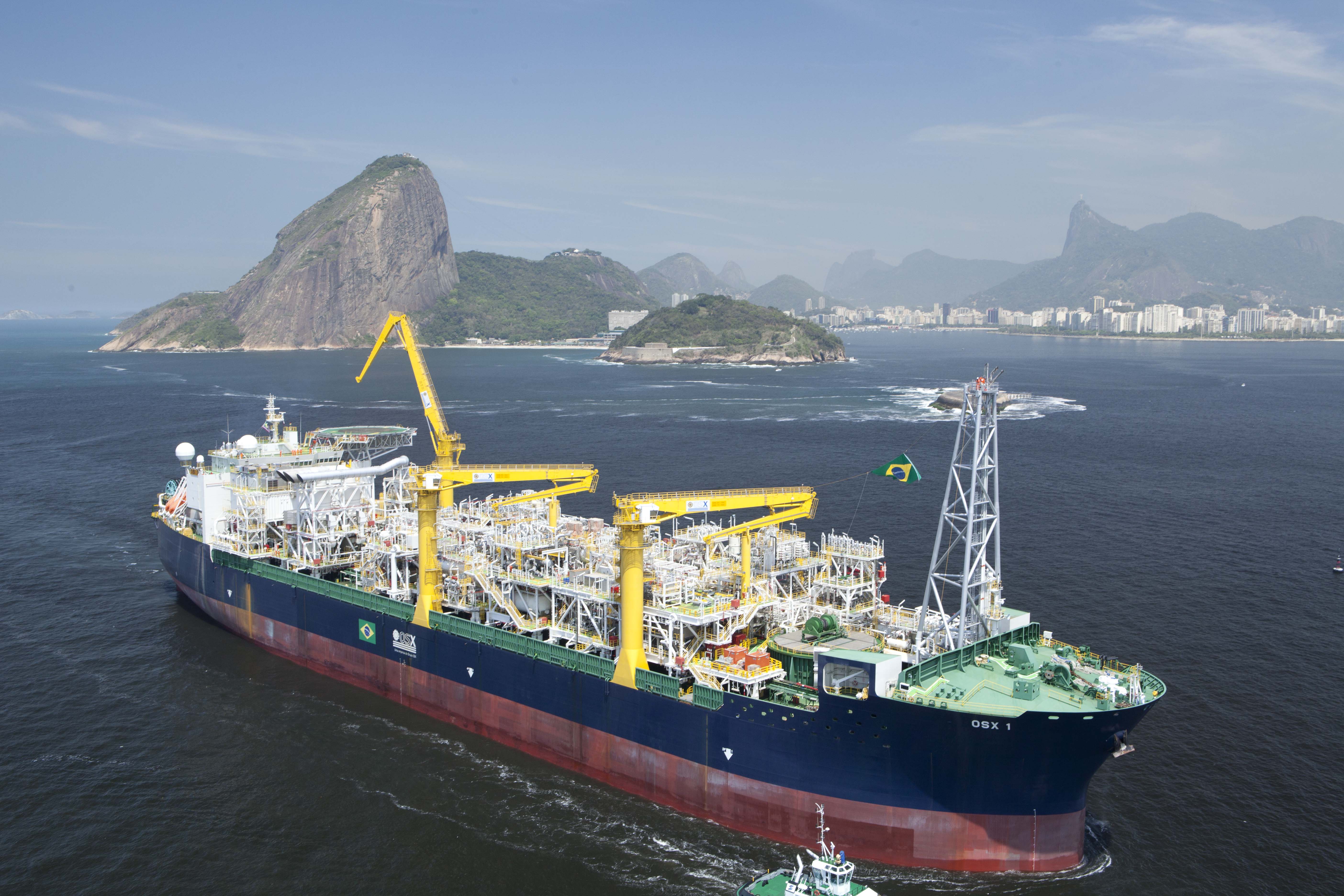Floating production and system offloaders
Enlarge text Shrink text- Work cat: Structural load & fatigue on floating structures, c2015:table of contents (An investigation into the effect of internal fluid dynamics on the fatigue on an FPSO; From tanker to FPSO)
- A dictionary for the petroleum industry. 3rd ed., 2001:p. 93 (floating production and system offloader: a floating offshore vessel that has facilities for producing, treating, and storing oil from several producing wells and which puts (offloads) the treated oil into a tanker ship ... Some FPSOs are also capable of drilling, in which case they are termed Floating production, drilling, and system offloaders (FPDSOs))
- Wikipedia, viewed Aug. 8, 2016:Floating production storage and offloading (A Floating Production, Storage and Offloading (FPSO) unit is a floating vessel used by the offshore oil and gas industry for the production and processing of hydrocarbons, and for the storage of oil)
A floating production storage and offloading (FPSO) unit is a floating vessel used by the offshore oil and gas industry for the production and processing of hydrocarbons, and for the storage of oil. An FPSO vessel is designed to receive hydrocarbons produced by itself or from nearby platforms or subsea template, process them, and store oil until it can be offloaded onto a tanker or, less frequently, transported through a pipeline. FPSOs are preferred in frontier offshore regions as they are easy to install, and do not require a local pipeline infrastructure to export oil. FPSOs can be a conversion of an oil tanker (like Seawise Giant) or can be a vessel built specially for the application. A vessel used only to store oil (without processing it) is referred to as a floating storage and offloading (FSO) vessel. The first of a related type, floating liquefied natural gas vessels, went into service in 2016.
Read more on Wikipedia >
 Topic
Topic






